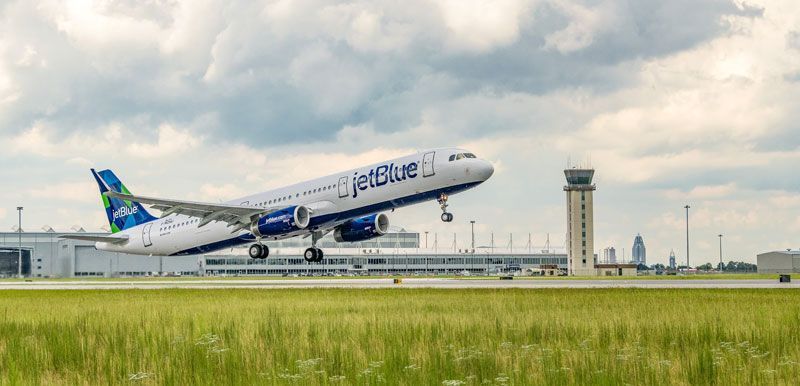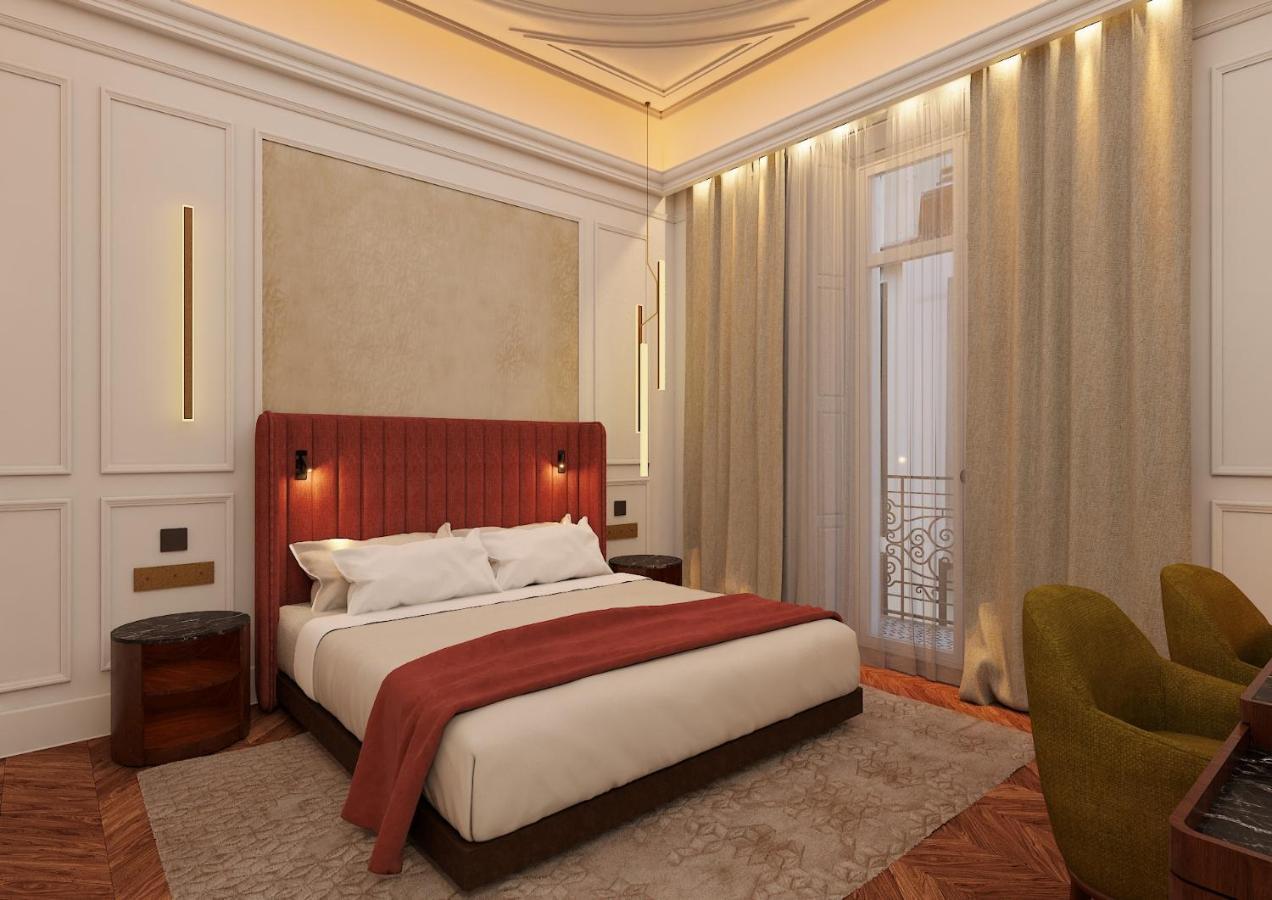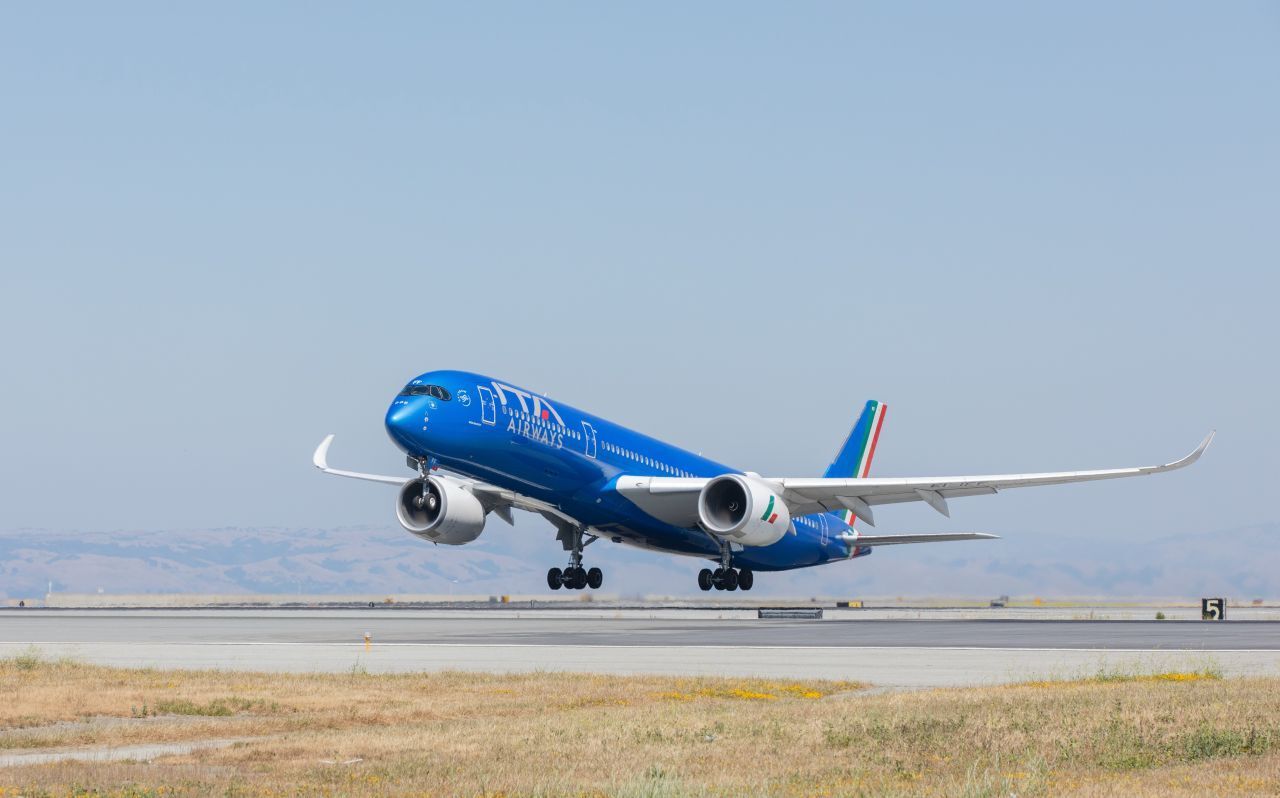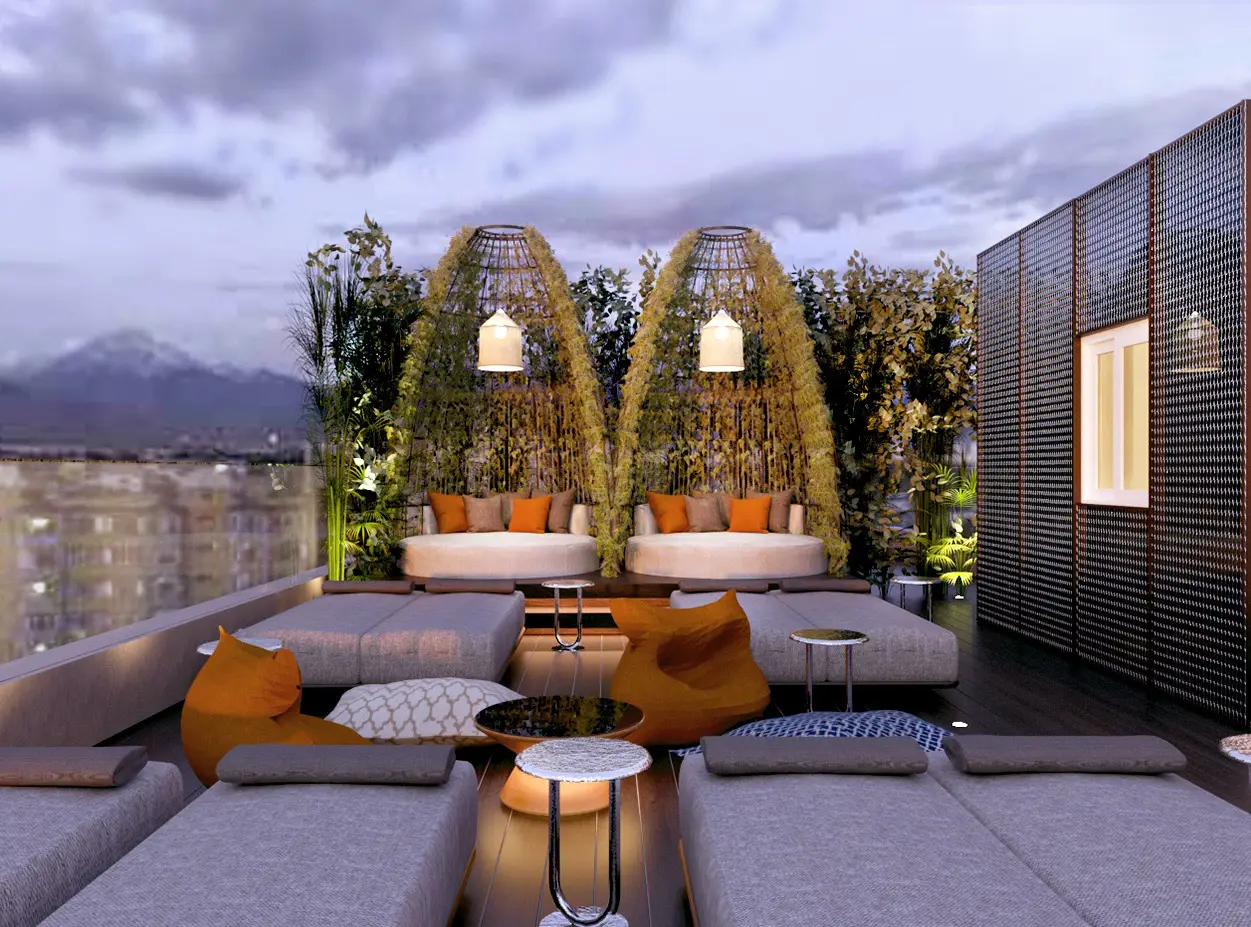Destination Hotels, a leading collection of luxury and upscale independent hotels, resorts and residences across the United States releases key findings on 2017 meetings trends from its fifth annual “State of the Meetings Industry” survey.
By analyzing the responses of more than 400 corporate, association, government and independent planners, Destination Hotels has gleaned trends about how planning duties and meetings themselves are changing for 2017.
The following is a summary of the most significant survey results, in addition to related insight and best practices from meetings-focused executives within Destination Hotels.
Making Teambuilding More Effective: As more Millennials become meeting attendees, planners are looking for more active options for teambuilding events. Nearly 60 percent of respondents said they are most interested in adventure/active teambuilding exercises, with another 37 percent of planners citing community service as a highly-desired teambuilding option. Active elements can be incorporated into teambuilding events that focus on corporate social responsibility such as a few hours of beach cleanup, school refurbishment or bicycle-building contest where the finished products are donated.
Bleisure: Attendees Extend Their Stay for Enjoyment: One aspect of meetings that’s changed noticeably in the past 12 months is the number of attendees extending their stay at the host property for leisure purposes. Last year, 61 percent of planners said that more than 1 out of 10 of their attendees either arrived at the property before the meeting begins, or stayed on property after the meeting ends, to relax.
Maximum Impact from Property Space: Nearly 73 percent of planners voiced that flexible space configurations rated an 8, 9 or 10 in importance to them when choosing a property, emphasizing the importance of multifunction space and the crucial role it plays in meeting planner’s decision making. It’s clear that planners want to make use of as many spaces as possible at the host property for business sessions, as well as social events. Across Destination Hotels, the collective expertise and consultative approach allows the team to develop the best environment per program, which is installed in every convention services manager through the Destination Event Producer (DĒP) certification program.
“To create our DĒP certification, we took what we think are the best elements of the certified meeting professional (CMP) program plus other industry certification programs, then added several elements we want to focus on as a brand,” said Kevin Barosso, Vice President of Global Group Sales for Two Roads Hospitality.
Importance of Technology at Every Stage of a Meeting: More than 58 percent of planners ranked on-site technology an 8, 9 or 10 in importance to them. Survey respondents confirmed that technology is also making a positive impact on their site-selection experience. Nearly 72 percent of planners said that a property’s website is where they get the most information when searching for a host property.
Food and Beverage Options: Last year’s sentiments were echoed in this year’s survey, citing that food and beverage pricing was again the third-most critical factor for planners when selecting a property, after location and room rate. The importance of food and beverage options to planners remained constant year over year. By actively developing relationships with local purveyors of food and beverage, the culinary teams at Destination Hotels create not just menus, but also décor and themes that reinforce the unique qualities of the destination.
Collaboration and Creativity to Stay in Budget: As 2016 began, the expert consensus was that new hotel inventory coming online would quickly flatten hotel occupancy rates and give planners more negotiating leverage. However, demand from leisure, individual business travelers and groups kept pace with new room inventory for much of 2016, with hotel-occupancy rate plateauing in Q3. Respondents demonstrated they have more money to spend on meetings in 2017 but will spend it across more meetings, rather than more money to spend per meeting. With survey respondents saying that location and rate are at the foremost of consideration when choosing a meeting venue, flexibility also plays a vital role for planners who often need to shift dates in one or two weeks in either direction.













